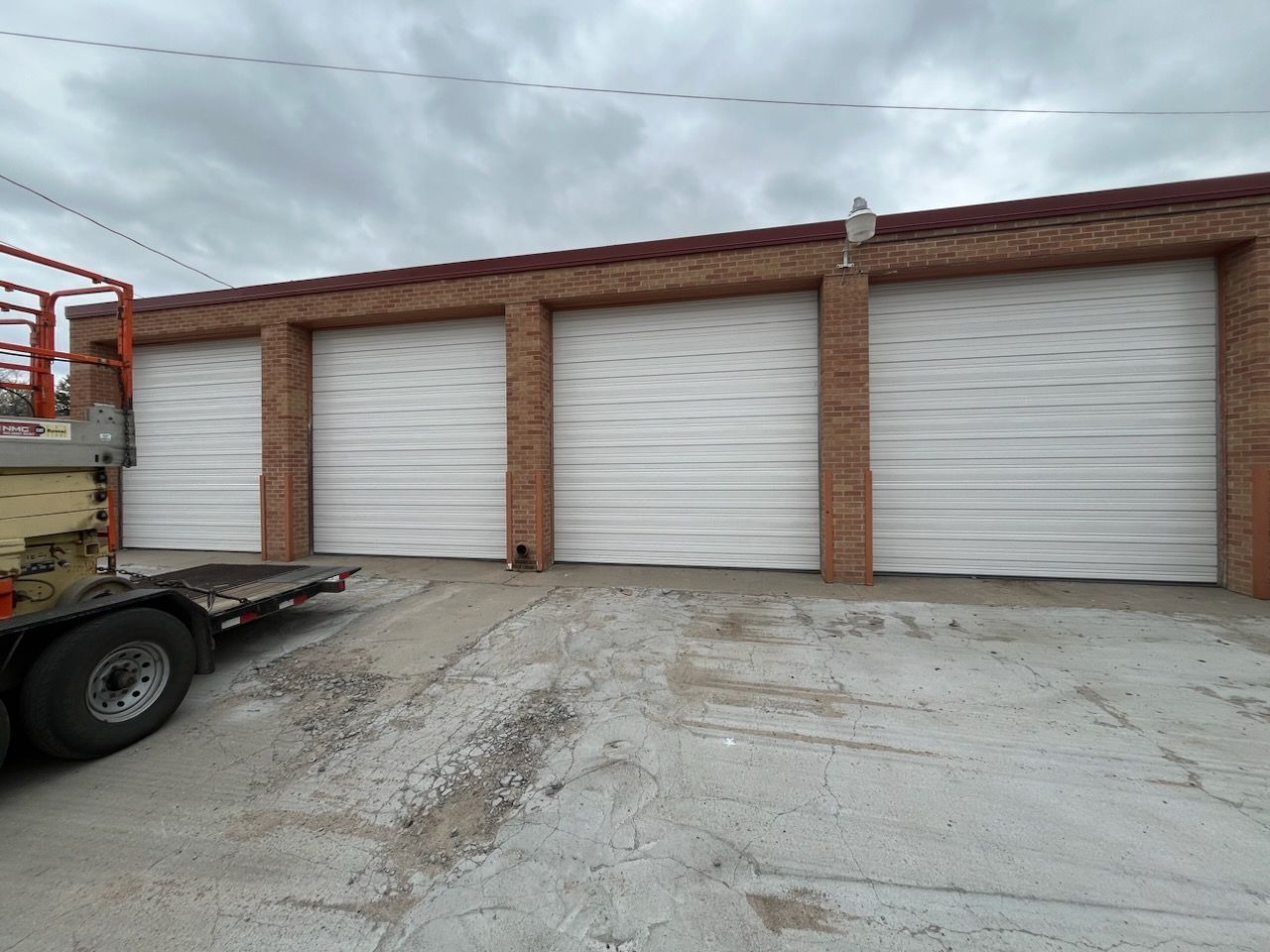Your overhead door does more than just open and close; it enhances security, keeps energy costs down, and enhances curb appeal. But like any complex equipment, it needs care. Ignoring subtle issues can lead to expensive fixes—or worse, a door that stops working entirely. Let’s explore the top 5 signs your overhead door might need repair and why acting quickly is key.
Strange Sounds from Your Garage Door
Does your overhead door groan, grind, or screech? These sounds are not just irritating—they’re a cry for help. Unusual noises can indicate issues with the door’s springs, tracks, or opener system. Left unchecked, these minor issues can snowball into major malfunctions.
Your Door Hesitates?
If your overhead door is slow to open or close, it might be due to worn-out components or problems with the system. A door that hesitates could be dangerous, especially if it fails while in use. Timely intervention can get it back to working efficiently.
3. Sagging Sections
Have you noticed misaligned or sagging sections in your overhead door? This is often a sign of structural weakness or problems with the springs. Beyond being unattractive, sagging can make your garage less secure and efficiency.
4. Increasing Energy Bills
A poorly fitted or damaged overhead door can let air escape, making your HVAC system struggle to maintain temperatures. If you’ve noticed your energy bills rising unexpectedly, your garage door could be the culprit. Repairing or upgrading your door can help lower costs in the long run.
5. Physical Damage or Wear
Dents, splits, or corrosion are clear indicators that your overhead door has been through a lot. While some damage might seem cosmetic, it can weaken the door’s integrity and make it more susceptible to malfunctions. Addressing these issues promptly is critical for secure operation and performance.
